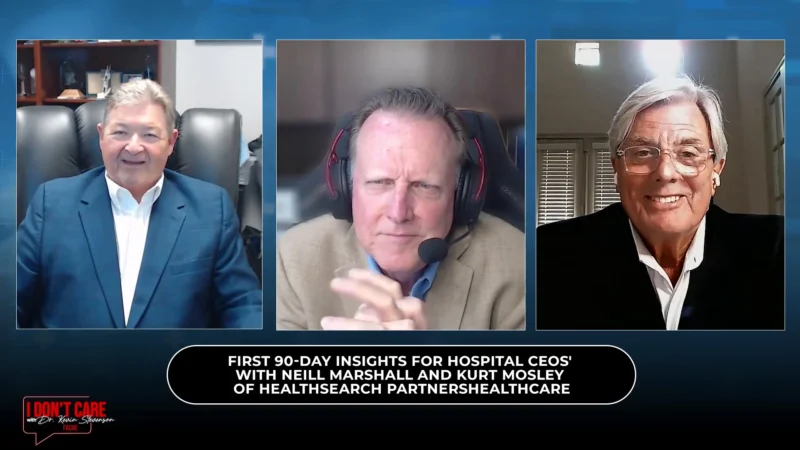Patient Engagement and Compliance
Carevive’s commitment to patient-centered care extends beyond initial assessments and treatments, encompassing a crucial aspect of cancer care – longitudinal follow-up. In this illuminating video, Carevive showcases the power of capturing and analyzing longitudinal data to gain valuable insights into patient experiences during active phases of treatment and beyond.
The data reveals impressive patient compliance and persistence with survey follow-ups during the critical initial three months of treatment. This active phase is when care teams need to closely monitor patients’ treatment experiences, enabling timely interventions to ensure treatment adherence and address any challenges arising from tolerability issues.
What’s even more remarkable is that patient engagement continues beyond the active phase, with a significant portion of the cohort staying connected with the survey for at least six months after initiation. Carevive’s systematic approach empowers care teams to maintain ongoing communication with patients, further enhancing their overall treatment experience.
This level of longitudinal engagement not only strengthens the patient-provider relationship but also provides care teams with comprehensive insights into patient progress, preferences, and concerns. Armed with this data, care teams can make informed decisions, personalize care plans, and ultimately optimize patient outcomes.
As a pioneer in remote symptom monitoring and patient-reported outcomes, Carevive empowers healthcare providers with the tools to stay connected with their patients, ensuring that they receive the highest level of care throughout their cancer journey. The ability to harness longitudinal data is a testament to Carevive’s dedication to improving patient experiences and enhancing the landscape of cancer care.




